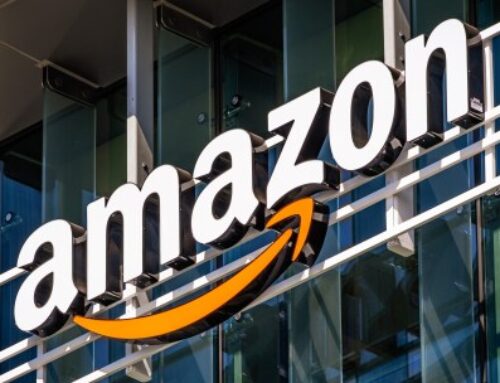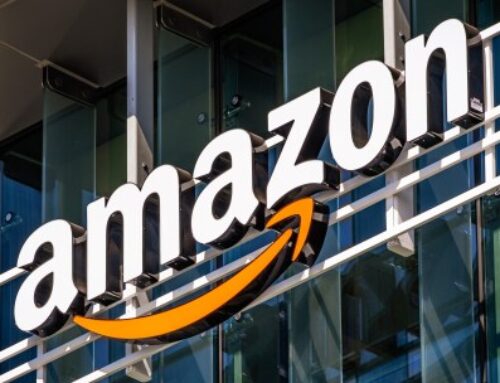Did WhatsApp really need Meta?
May 21, 2025
Cofounder Brian Acton butted heads with Meta before his departure, but took the stand as part of its defense.
Cofounder Brian Acton butted heads with Meta before his departure, but took the stand as part of its defense.


In its antitrust case against Meta, the US Federal Trade Commission is asking a judge to consider an alternate reality. In that world, the company never bought Instagram and WhatsApp. The two apps remained competitive with Facebook, developing features that competed for users’ attention. And that competition created a thriving ecosystem of social media apps where people can connect with their friends and family.
Meta has spent the past several days — during which it’s begun lodging its case-in-chief in a Washington, DC, courthouse — building a counternarrative. In its telling of this alternate present, Instagram and WhatsApp are shadows of what they are in our world. They lacked the resources, expertise, and vision to become robust and valuable online platforms, let alone formidable competitors. And consumers are the ones who ultimately suffered.
One of Meta’s key witnesses for this defense is WhatsApp cofounder Brian Acton, who was called on Tuesday to help make its case that WhatsApp users, just like Instagram ones, benefited from Meta’s acquisition. Acton was the second app founder to testify in the case, after Instagram cofounder Kevin Systrom delivered mostly blistering testimony against the company a few weeks ago. Acton’s time on the stand came off less acrimonious, though both Meta and the FTC scored some key points.
Acton was a striking witness for Meta to call given his high-profile departure from the company in 2017. The cofounder left $800 million in unvested restricted stock units on the table after butting heads with top Meta executives over putting ads in WhatsApp (when an FTC attorney pointed out the stock would have been worth $4 billion today, he joked, “please don’t say that,” but reassured himself it would only be $2 billion after taxes). The next year, he publicly advocated for people to delete Facebook in the aftermath of the Cambridge Analytica data scandal.
But Acton backed up some important claims Meta has been making throughout the trial. Meta has repeatedly argued that WhatsApp was unlikely to compete with Facebook in the social networking space, so it wasn’t just trying to take out a potential rival. Acton reaffirmed that he and cofounder Jan Koum had absolutely no interest in building social features like a feed into WhatsApp, or changing the company into an ad-supported business — even if their pre-acquisition investors wished they would. While the FTC has argued that WhatsApp could have succeeded on its own or with a different parent company, Acton said he and Koum rebuffed other offers, and felt that Meta’s infrastructure helped it skip over substantial work it would have had to do otherwise.
On cross-examination, however, the FTC got some important admissions from Acton. Using Meta’s infrastructure might have helped it skip some steps, but Acton testified that WhatsApp didn’t actually migrate to Meta’s data centers to ward off outages — and WhatsApp had been highly capable of finding technical support for the app already. Instead, he said, he and Koum wanted to make sure Meta would continue operating the app even after they left.
Far from being a bare-bones messaging app without Meta’s help, Acton testified that WhatsApp had already added several features before the acquisition like group messaging, video and audio messaging, and location sharing — with plans to add even more. WhatsApp was already growing incredibly fast prior to the acquisition, doubling in size every 12 to 18 months — that growth rate stayed pretty consistent even after Meta bought it. Acton was confident that even without Meta, WhatsApp would have grown from the more than 400 million monthly active users prior to the deal to one billion in about 18 months. This echoed testimony from Systrom that Instagram would likely still be successful without the sale.
Meta CEO Mark Zuckerberg testified earlier in trial that he was surprised at how little interest WhatsApp’s founders had in building something larger than a “lifestyle company.” But while Acton reaffirmed his disdain for an ad-supported model that could pump up revenue, he conceded that he agreed to sell to Meta without securing a firm commitment against deploying ads, and he understood Meta’s offer price was likely based partly on plans to do so. That seemed to support the idea that the founders could have been open to monetizing their product more than they let on — potentially growing it into a rival for Meta.
WhatsApp might have been an even better product — one that flourished in more markets with stronger privacy protections — without Meta’s stewardship, the FTC suggested. In a November 2014 email, it pointed out, a WhatsApp employee told Acton and Koum that executives at its new owner had “some reservation” about promoting the app in countries where Facebook Messenger was already a leader. Meta successfully pressured WhatsApp to change its privacy policy and terms of service in 2016 so that Facebook could capitalize on user data for its ads product (unless WhatsApp users opted out). And it pushed for a business version of the app, something Acton said he was “adamantly against,” fearing it would dilute WhatsApp’s end-to-end encryption. After Acton left, the product launched.
Search
RECENT PRESS RELEASES
Related Post




